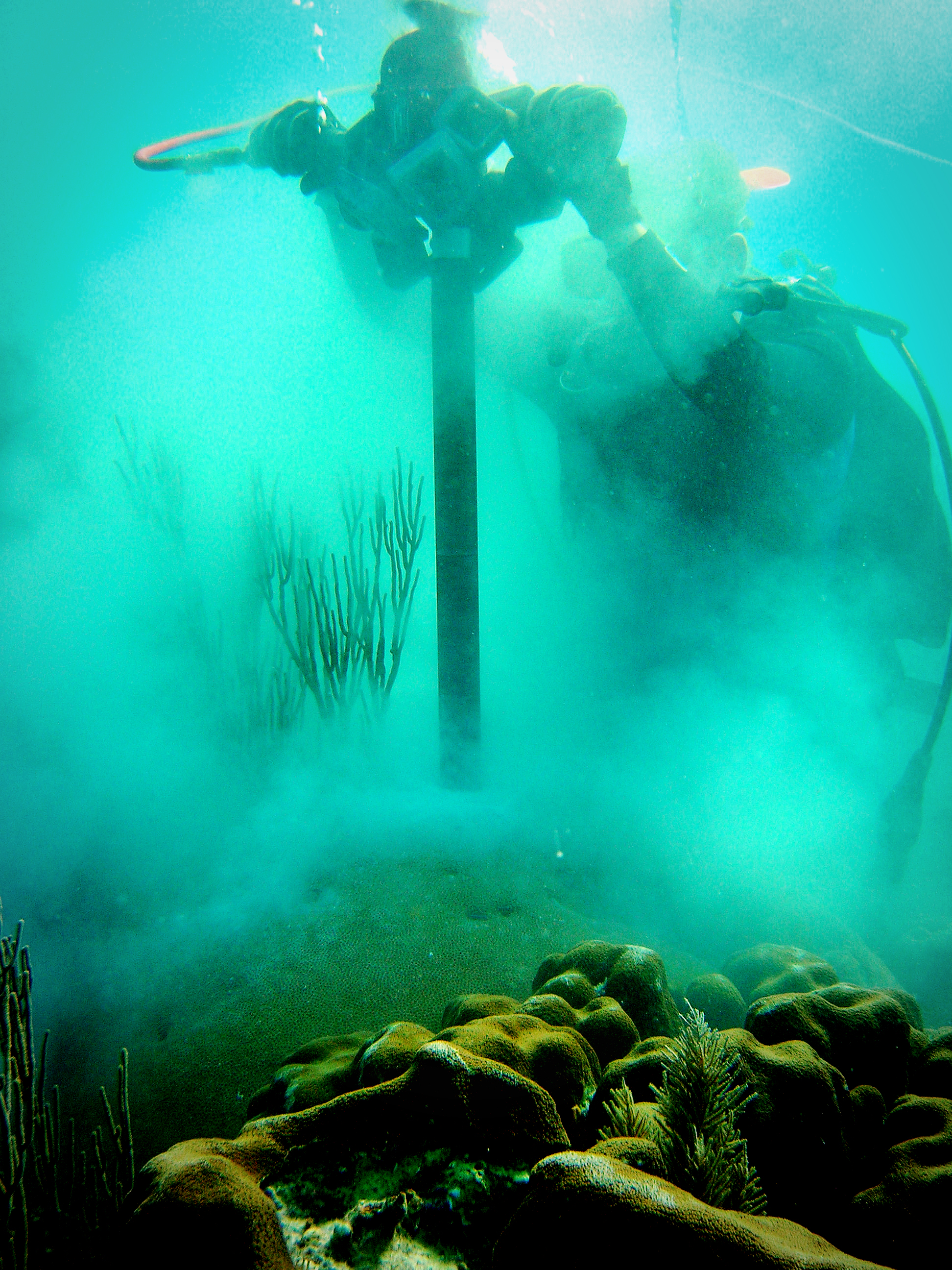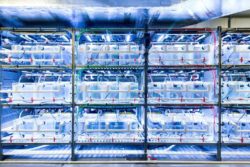Seeking climate-change insights in shells


Ries focuses on species that build calcium carbon shells and skeletons—such as coral, lobster, scallops, and clams—which he says are close to dissolving in some parts of world. Ocean acidification may impede these creatures’ ability to produce shells.
In one study, Ries and collaborators made a surprising discovery: Moderate increases in acidity actually enhanced the growth rate and calcification of one reef-building coral species, Siderastrea siderea. Ries believes these corals may be uniquely capable of controlling the pH of the internal fluids from which their skeletons are produced. “The ones that have more control are more resilient,” he says.
Another benefit of some shelled creatures is that they are “archives of oceanic change,” Ries says.

Ries is also studying rock-forming coralline algae, which thrive in cold, high-latitude waters and have a unique ability to record seawater pH in their skeletal frames. “From the core of a single algal colony, we can reconstruct the history and biological impact of ocean acidification across hundreds of years—since the Industrial Revolution.”
His goal is to expand knowledge of the causes and consequences of acidification and other oceanic changes—and guide policymakers in ways to make marine ecosystems more resilient. “We can reconstruct the history and biological impact of ocean acidification across hundreds of years.”
Contact faculty researcher Justin Ries.
Author: CSI Staff